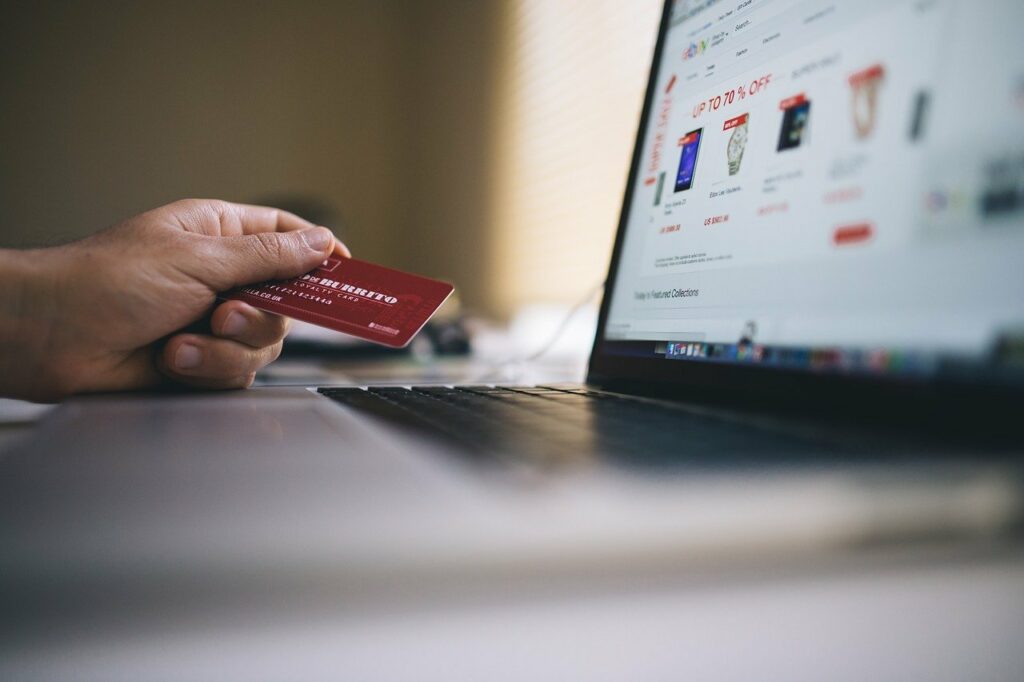It’s not every day that you can manage to pay for things out of pocket. You might need a boost from other sources, and personal loans tend to be great alternatives. They can be ideal for dealing with medical emergencies, handling home renovations, and even paying for your dream vacation.
The loan you receive can either fall under secured or unsecured loans. Understanding the difference between secured vs. unsecured loans is essential, especially since the choice you make will affect loan repayment terms. In most cases, personal loans are offered as unsecured loans.
So what is an unsecured loan? Here is what you should know about the different types of unsecured loans available:
Secured vs. Unsecured Loans
The main difference between the two loan types is the presence of collateral. Secured loans are backed by collateral. This can be anything from a house to an investment. For instance, once you apply for a mortgage, your house becomes the collateral. In case you default on the loan (fail to pay it back), lenders will use your collateral to get back the loan balance.
By definition, unsecured loans aren’t backed by any collateral. Lenders determine the amount they can offer a borrower using their credit score. If you have a high score, you can qualify for a loan with lower interest rates and better repayment terms.
However, you can still qualify with low credit. Some lenders, like Superior Financial Services, offer unsecured loans for poor credit. That being said, since there is no collateral, unsecured loans tend to have a relatively higher interest than secured ones.
Types of Unsecured Loans
There are different types of unsecured loans, each with its own tradeoff. Knowing how each loan works will help you pick one that works best for you. They include:
- Signature loans: these are the most basic form of unsecured loans. By definition, they are only secured by your signature and your promise to keep your end of the bargain. Besides having low-interest rates, they will require you to repay them in monthly installments. If you are looking to improve your credit score, these unsecured loan types could be beneficial toward your goals.
- A personal line of credit: these loans tend to work like credit cards. You are given a ceiling on the amount you can borrow from a bank, but you don’t have to borrow the whole amount. For instance, you can be offered as much as $15,000 but choose to borrow $5,000. If you want, you could still borrow some more while still owing the bank the original $5,000, as long as you don’t surpass the limit. Compared to credit cards, this type of loan has a lower interest rate.
- Peer-to-peer loans: these loans are practically newer than the rest. By definition, this type of unsecured loan allows you to borrow from individuals instead of traditional institutions like banks and credit unions. You can enjoy competitive interest rates and fixed-rate installments. However, your credit score is still a factor when applying for these loans.
- Credit card loans: these unsecured loan types are ideal borrowing options for anyone with great credit scores. You typically have to first qualify. Once you do, you will be offered a credit limit past which you can’t borrow. Credit card loans allow you to borrow instantaneously, though at higher interest rates than a persona line of credit. It is also easy to get caught up in excessive debt when using credit cards if you aren’t careful enough.
How To Qualify For an Unsecured Loan

Now that you understand what an unsecured loan is, it’s time to talk about how to qualify. Lenders need to be sure that you will pay back their money. Since there is no collateral, they use a couple of strategies to determine how easy it will be for you to pay back. Your loan amount and repayment terms will match how risky the lender perceives you as a borrower. For risk assessment, lenders use:
- Your credit score: this is a universally accepted measurement of creditworthiness. A higher score will get you a favorable interest rate. However, you should consider lenders that offer unsecured loans for poor credit if you have a subpar credit score.
- Your income: lenders look at your income to determine whether you have enough cash flow to manage to repay the loan.
- Your debt-to-income ratio: this is a comparison of your current debt levels to your income. A lower ratio means that you can take on more debt, which will make lenders perceive you as less risky.
When applying for your loan, consider getting prequalified first. Prequalification ensures that you know the kind of loan term you can expect from a lender without going through the typical application process. Since it results in soft instead of hard inquiries, it will protect your credit score.
Improve Your Credit Score For Suitable Loan Terms
Now that you understand the unsecured loan definition, get started working on your credit score. These loans are ideal for people with high credit scores. Although you can still get them with a low credit score, a great score will get you favorable loan terms.
Are you looking for an unsecured personal loan? Contact Superior Financial Services. Since we are able to provide a quick decision in most cases, you can get funded in no time.
